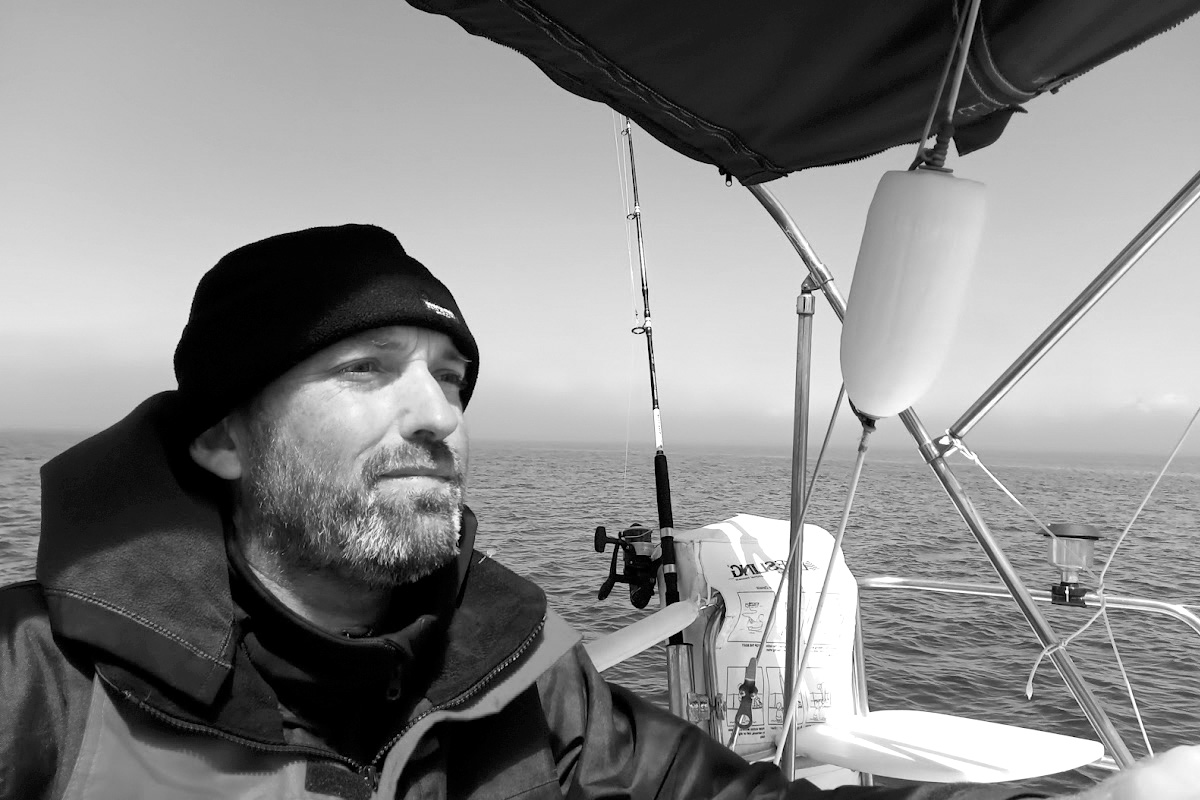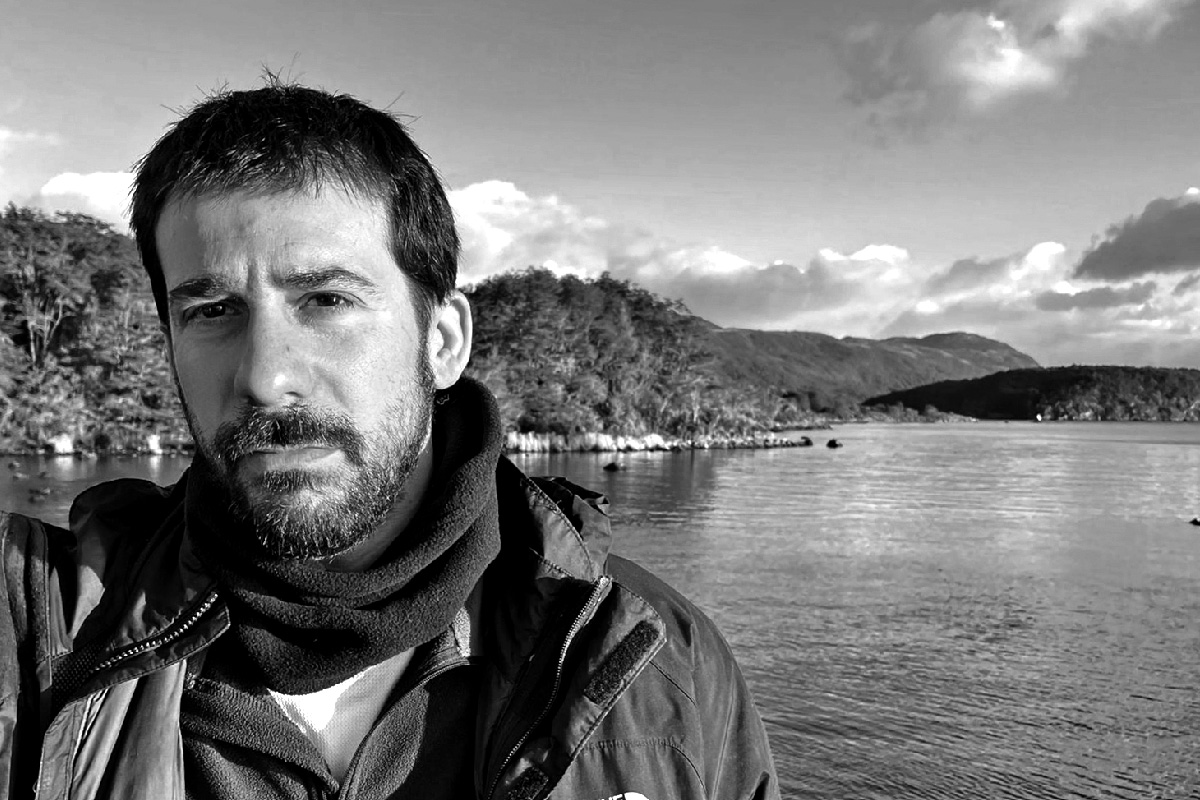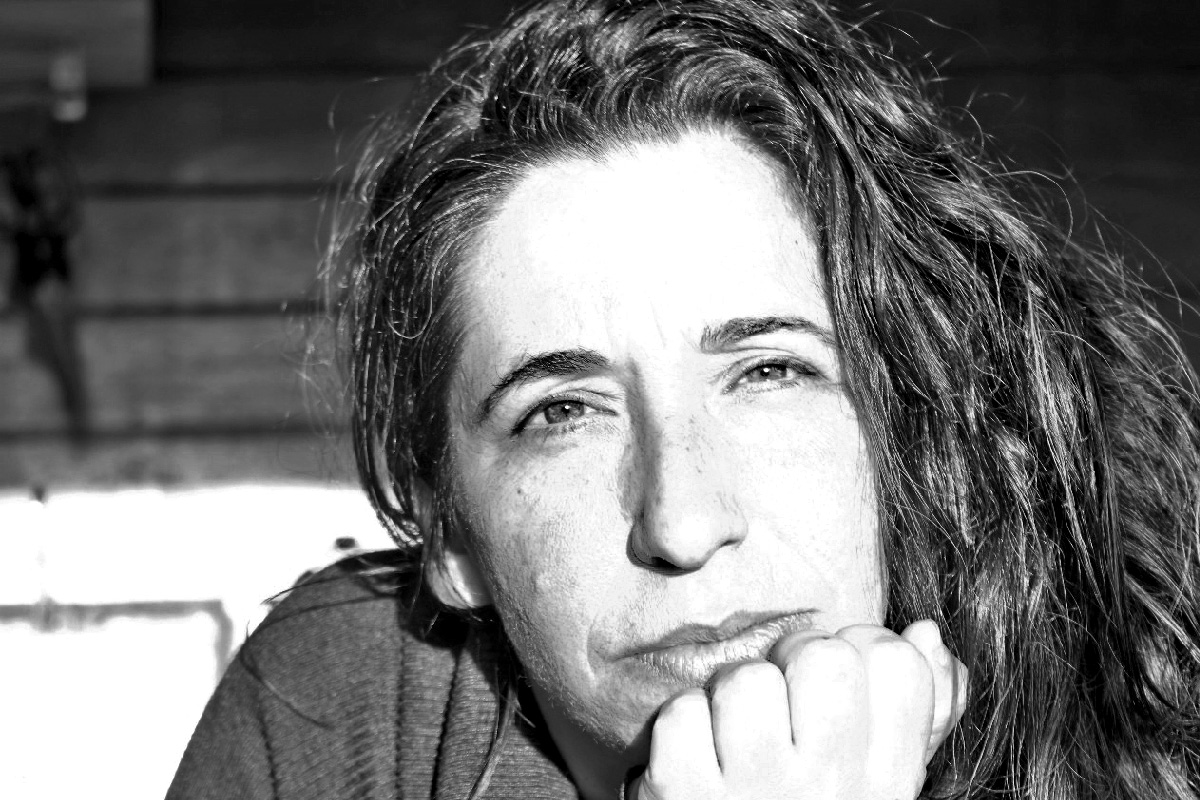Archaeologist and postdoctoral researcher at the Autonomous University of Barcelona in Spain. She is a doctor in Natural Sciences, specialized in archaeobotany, with experience in anthracology, carpology and dendrology. His research focuses on the use, processing and management of plant resources by hunter-gatherer societies in southern South America during the Holocene, with special emphasis on Tierra del Fuego. He is currently developing research that extends archaeobotanical studies to sites in Tierra del Fuego, working in an interdisciplinary way to deepen the human-environmental interactions of the region.
Category archives: artist_en
Thea Stabenow (DE)
is a student of Cultural Studies and Art History at Humboldt University Berlin. She is interested in artistic and literary perspectives on our environment and how these deal with related issues. Thea joins the team as project assistant and will be in charge of documentation and research log.
Carola Flores Fernández
PhD. Archaeologist. Professor in the Department of History and Social Sciences at Universidad Adolfo Ibáñez in Viña del Mar, and a specialist in coastal archaeology. Through the study of archaeomalacological assemblages, she conducts interdisciplinary research on the relationships between human communities and their coastal marine environments over time. She has carried out research in various regions of Chile and along other Pacific coasts, using archaeofaunal, paleo-oceanographic, and technological approaches to study the role of mollusks in archaeological contexts.
https://www.researchgate.net/profile/Carola_Flores_Fernandez2/research
Matias Palma (CL/DE)
Lawyer specializing in competition law and regulation. He holds a Master’s degree in European Law from the University of Hamburg. From this field, he has collaborated on various multidisciplinary projects with community impact, providing legal advice to organizations and foundations. In addition, he has designed and delivered training sessions, talks, and courses on legal matters for neighborhood associations, schools, and universities.
He currently resides in Berlin, where he works professionally in the fields of technology and consumer protection, while also contributing to initiatives that connect with South America through the legal sphere.
Alberto Serrano Fillol (CL)
Sociologist. Director of the Yagan Territorial Museum Usi – Martín González Calderón. Audiovisual creator. Researcher of the culture and history of Tierra del Fuego, especially of the Yagan territory, where he resides.
Gonzalo Tampier (CL)
Gonzalo Tampier is an Associate Professor at the Institute of Naval and Maritime Sciences at the Austral University of Chile (UACh) and director of the Hydrodynamic Testing Channel at the same university (CEH-UACh). A Naval Engineer (UACh) and Doctor of Engineering Sciences (Technische Universität Berlin), he has focused his academic and professional career on the hydrodynamic study of ships and marine technologies, integrating numerical and experimental methodologies.
His work has been linked to teaching, applied research, and technological innovation. As a researcher at the Marine Energy Research and Innovation Center (MERIC), he has dedicated himself to the field of renewable marine energy, as well as to the exploration of new approaches to naval architecture and hydrodynamics. Due to his interest in interdisciplinarity, he has sought to promote initiatives that connect engineering, marine sciences, and public policy, seeking to generate comprehensive knowledge applicable to the maritime field.
https://ingenieria.uach.cl/academicos/tampier-brockhaus-gonzalo/
Alberto García Piquer (ES)
Alberto García Piquer is an archaeologist and postdoctoral researcher at the Universitat Autònoma de Barcelona in Spain. Since 2018, he has participated in and promoted various archaeological projects in the Última Esperanza region, Magallanes, Chile. His research focuses on the study of landscape and social space in prehistoric and historic hunter-gatherer societies, particularly in maritime and coastal environments. In recent years, he has developed a particular interest in recovering and understanding the role of navigation and nautical technology as a central element in shaping social and environmental relationships, as well as worldviews, in the past and present of Patagonia and Tierra del Fuego, drawing on multiple sources and approaches. He recently edited the book The Archaeology of Seafaring in Small-Scale Societies: Negotiating Watery Worlds (University of Florida Press, 2025).
https://terra-ignota.net/es/participan/alberto-garcia-piquer/
Andrea Pino (CL)
I graduated as a Veterinary Doctor in 2007. Since then, I have worked as director of the Transdisciplinary Center for Environmental Studies and Sustainable Human Development (CEAM) at the Universidad Austral de Chile in Valdivia. Currently, I am also the director of the Honors program of studies on Environment, Society and Climate Change and I am part of the Cabe Horn International Center. My research interests are in biocultural ethics, mountain ecosystems, and transdisciplinary research on socio-ecological strategies for the sustainability of southern forests.
Sofia Efron
Creative technologist with a background in visual arts and data architecture. Her practice focuses on the design and implementation of interactive digital experiences that transform complex information systems into intuitive, narrative-driven applications. She specializes in creating engaging interfaces for archives and multimedia content, exploring the potential of technology to represent place and memory.
Sergey Kolesov
Developer and artist specialized in system design for interactive media. He is focused on creating novel forms of data visualization and interactive experiences that combine clarity and usability with a drive to explore new modes of interaction. His work seeks to open new possibilities for storytelling and research through digital tools.









